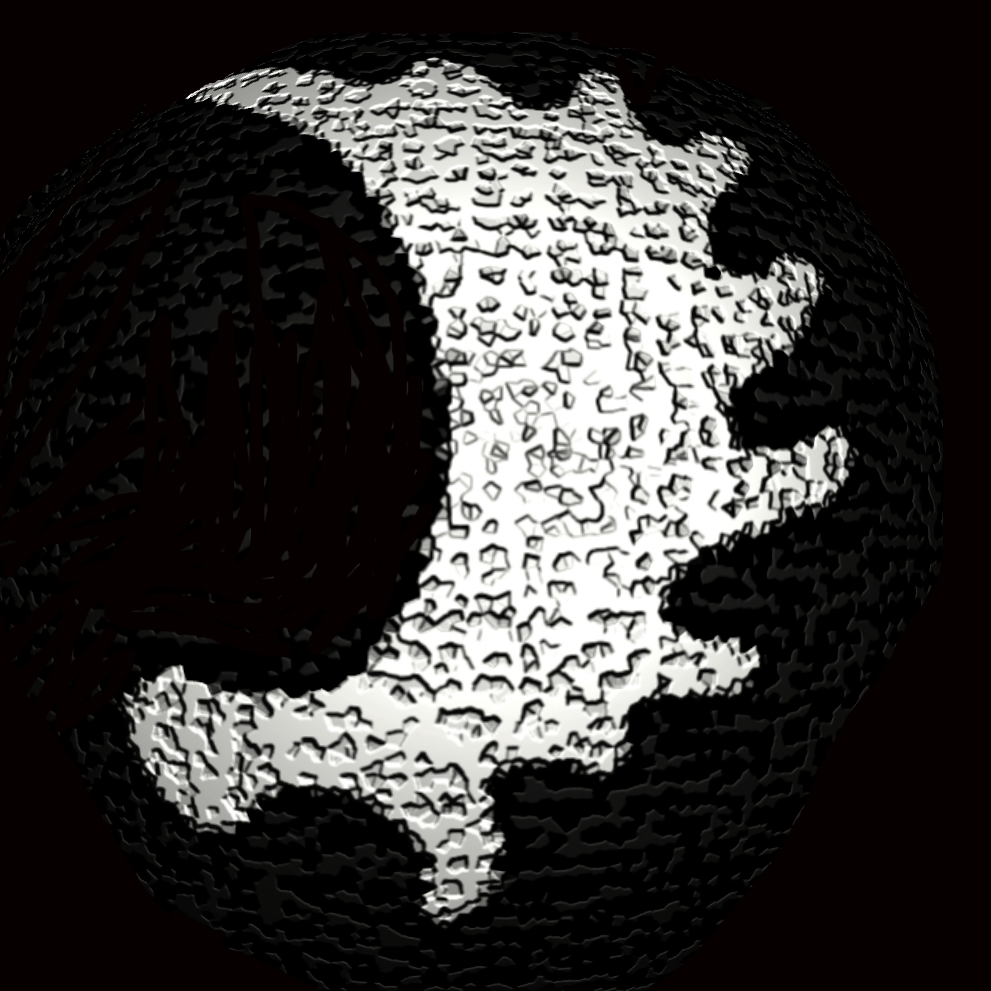The Heroes of Tannenberg, Hindenburg and Ludendorff, saved East Prussia in August 1914 with a decisive victory against overwhelming odds.
Paul von Hindenburg, 66, a retired Prussian General , was called into service to take over command of the relatively small force, one army, that was having trouble holding back the Russian invasion of East Prussia. At the train station in Hanover he joined his new deputy, Erich von Ludendorff, and they sped off to the east. Ludendorff was already famous for his success in Belgium and recognized as a genius strategist and workaholic. Whereas Ludendorff was rash, Hindenburg was calm and provided the gravitas to allow Ludendorff’s plans to be executed. They were an effective team.

Upon arrival in East Prussia, they went to work immediately. In a daring move, almost the entire German force was gathered together and sent to crush the first of the two Russian armies in East Prussia. German troops were moved on railroad cars to carry out fast maneuvers. With skill, valor and strategy the Germans completely destroyed the Russian army. Its commander, Samsanov, committed suicide while his few survivors were being routed. Meanwhile, a small force of local East Prussian militia held off the entire second Russian army, buying time until the regular army could relieve them.
With victory over the first Russian army secured, the German troops were transported to the other battle, again by rapid railroad transport, and a second disaster befell the Russians…in 7 days two previously victorious Russian armies were destroyed.
War on the Eastern Front continued to be fought, but now on German terms and on Russian soil in a traditional war… no trenches… until the collapse of the Russian government and German victory in 1917.
The Tannenberg victory not only turned the Eastern Front in Germany’s favor, but it also was significant because the defeat of the Russians (consisting of Lithuanians, Poles, Tartars and Russians) was a reversal of the Teutonic Knights’ defeat in 1410 at the same location. In 1410 the Teutonic Knights were also greatly outnumbered and the German Empire was busy with battles in the west, unable to provide needed support. However, in 1914, superb strategy and modern railroads won the battle against overwhelming odds.
Ironically, in 1914 the German Empire did send help, but by the time that this help arrived it was no longer needed. And the gesture of sending help to the east hurt the war effort in the west, possibly costing Germany a quick victory, and resulting in a stalemated trench war.

Explore images on brand new products at my stores


